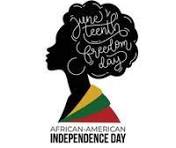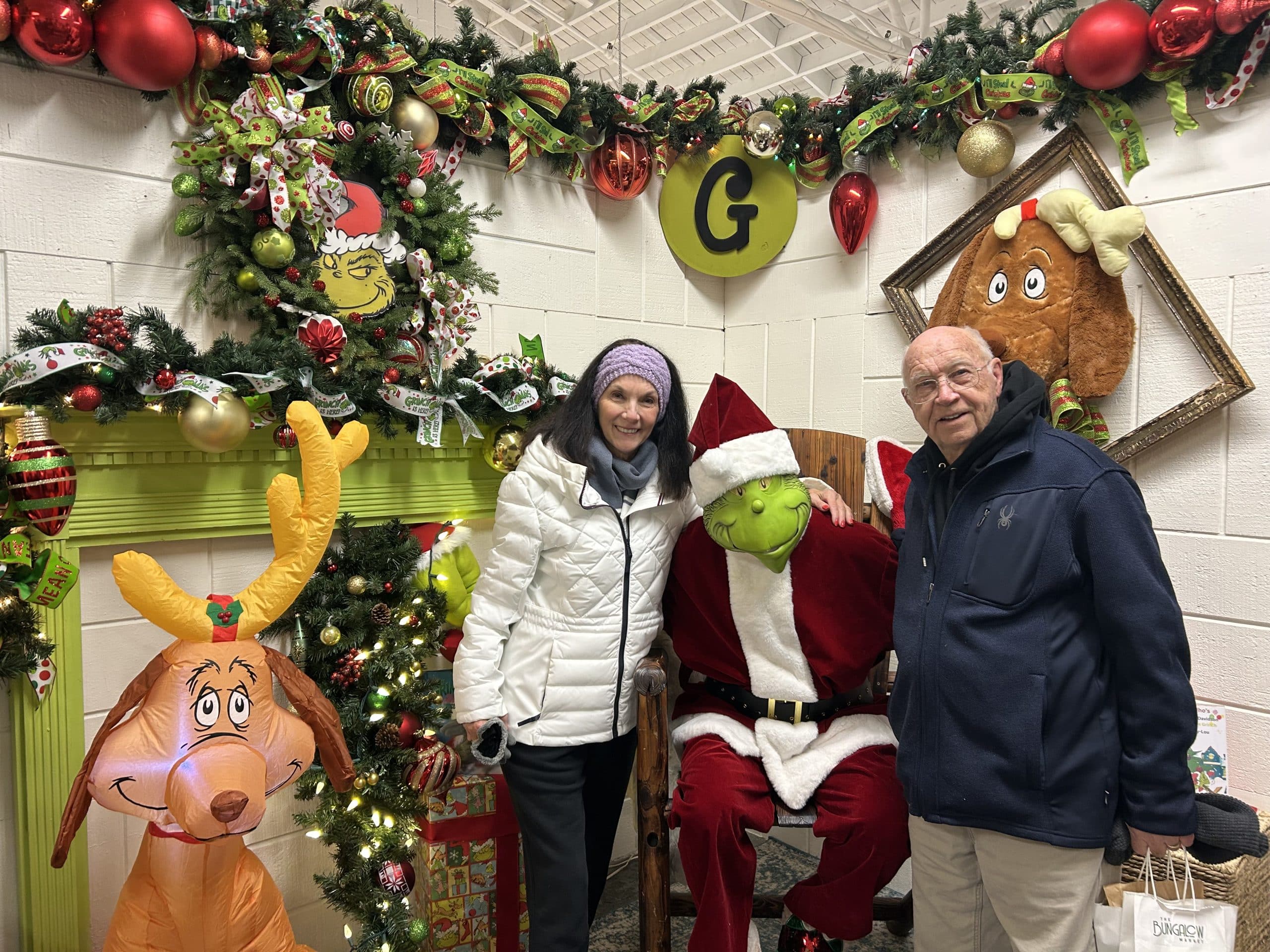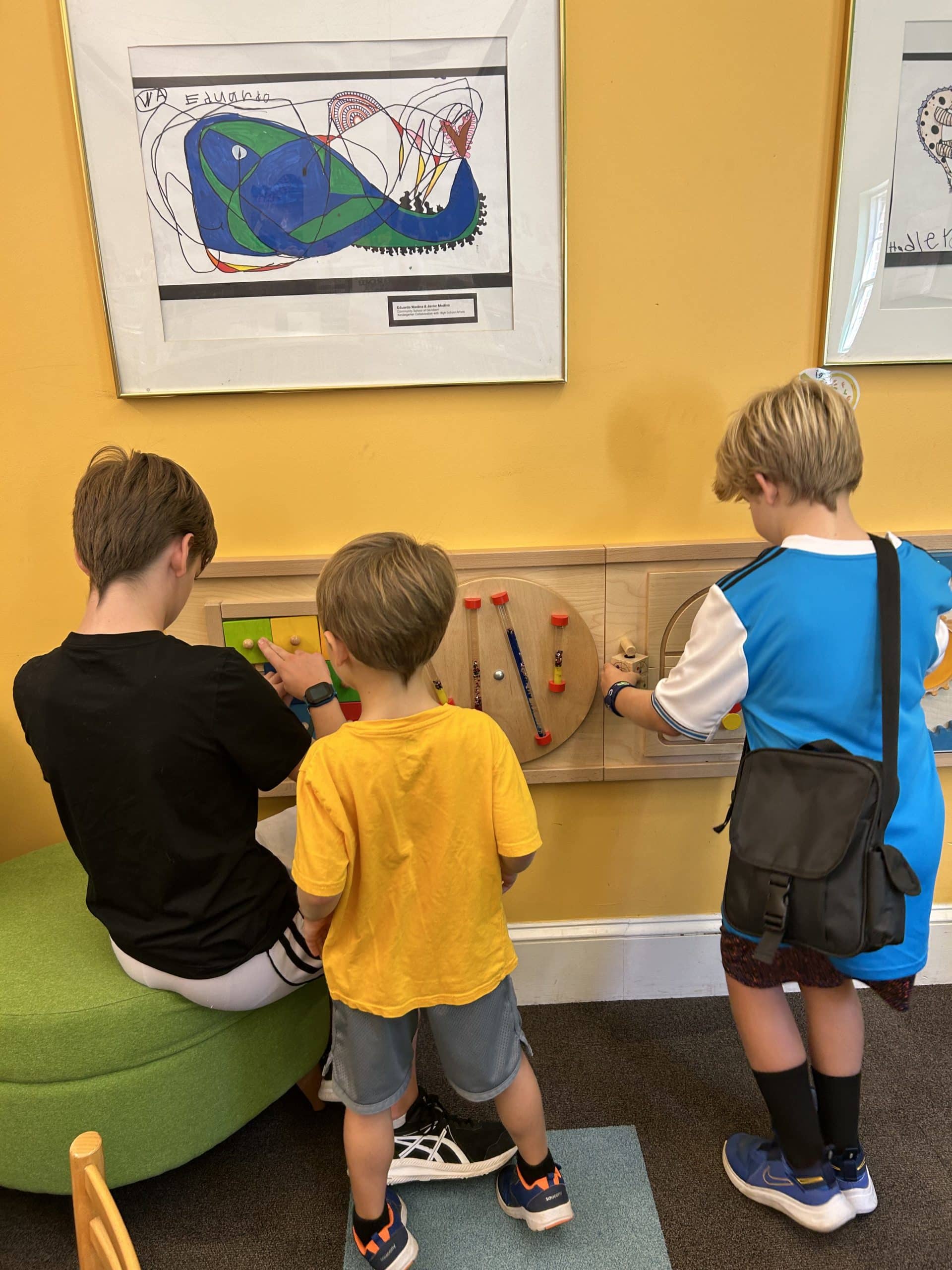Juneteenth serves as a reminder of the country’s history that involves slavory. Students must be taught about how slavery shaped the country’s development. Juneteenth is celebrated in communities during the summer, around June 19. The celebration involves Black history of art, music, and food. The celebration is designed to be both festive and serious.
Today, some states prohibit teaching about racism. Books about slavery and racism are banned from libraries. Some laws try to stop the teaching of enslavement. However, teachers continue to teach about discrimination and the unequal treatment of slaves, truthfully.
Talking and Teaching
Many books for students inaccurately reflect slavery. They are sugarcoated realities. Most teachings about slavery or African Americans typically begin during Black History Month or on the birthday of Dr. Martin Luther King Jr. Students need to understand the reality of slavery.
The federal holiday of Juneteenth is one reason it deserves recognition. In teaching, understanding, empathy, and appreciation of Black history need to be recognized throughout the year. Thus, Juneteenth is a good way to initiate dialogue and reflect on the future.
There are numerous resources, guides, and books available for various activities that explain the origin and reasons why it’s important. Students must know that slaves didn’t want to be purchased and owned for work purposes. Many resisted the enslavement and were faced with violence.
Students need to study how freedom evolved through history and how it affects society. They learn about why the Civil War was important, and can center discussions on how the Emancipation Proclamation did not instantly free all slaves. Through lessons, they gain an understanding of the importance of voting rights and citizenship.
No matter how Juneteenth is taught to students, be aware of sensitive issues. “When we talk about race, we honor our children and teens as learners. A conversation with a caring adult allows children to feel safe and ask questions instead of concluding about race and racism based on implicit and explicit messaging from the world around them and their limited knowledge. Reading is a powerful way to nurture a child’s sense of curiosity and build a foundation for having bigger conversations about race over time.” – Smithsonian
Juneteenth should be made memorable. Invite speakers, visit a museum, show videos or movies, or visit a historical site. No matter the lessons, students need an understanding of Juneteenth and its importance for society.



